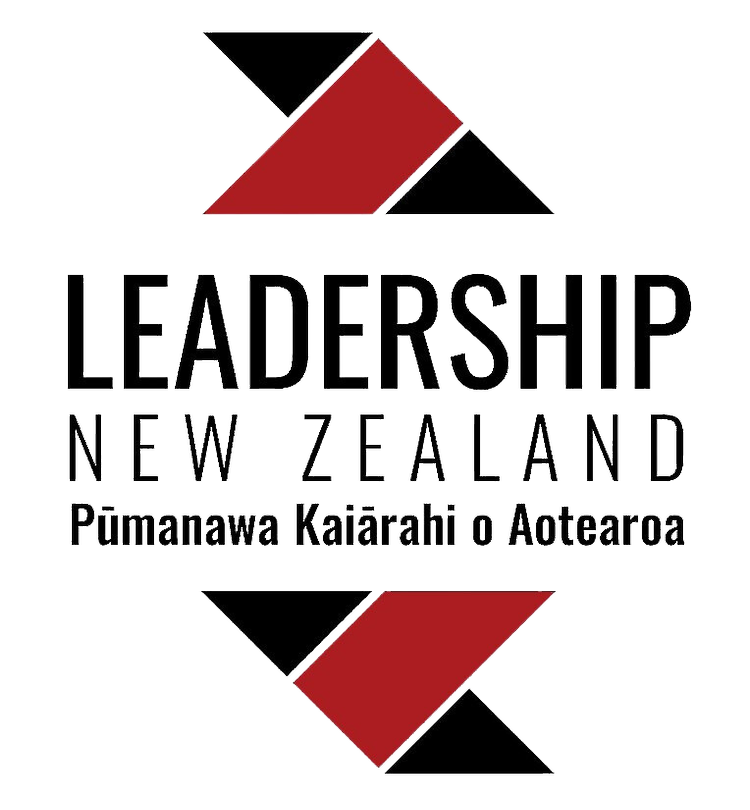Our Economy
Programme participant Cheryl Ingram-Clark shares her experiences and thoughts on Session Four held at Massey University, Palmerston North.
Prior to the commencement of each session on the Leadership New Zealand (LNZ) journey I consider my aims and objectives that will encompass, drive and build on the purpose of the overall learning on this programme. Therefore I arrived at session four located at the Wharerata Function Centre on the Massey University campus which served as the base for the two days, with an open mind ready to embrace new learnings for incorporation into my leadership methodology.
The theme for this session was “Our Economy” where we were exposed to a multitude of leaders from diverse backgrounds who shared their ontological perspectives of the primary industry sectors in New Zealand. This included the fisheries, dairy, horticulture, beef/lamb, forestry and wool. These speakers were visionary leaders who utilise differing approaches and through the sharing of a common purpose, demonstrated examples of the cultural intelligence (CQ) leadership paradigm. Their ability to cross international cultural divides and borders in an increasingly interconnected world provided the ‘learning edge’. Their capacity to embrace diversity as a tool within their industry was articulated in a way that brings people together to formulate progressive unification.
Steve Maharey (Vice Chancellor Massey University) spoke of New Zealand’s potential to become the food capital of the world. By altering the current image of farming through consideration of renaming it as a food production opportunity to encourage future engagement with the agriculture industry and the retail sector is one of various potential opportunities for consideration.
The surprise afternoon visit to Waikanae resulted in a “horse whispering” experience which provided an opportunity for the 2014 LNZ cohort to appreciate our leadership characteristics. Horses are sensitive to their surrounding environment and are adept at determining opportunities to align their responses based on the presenting context. Some horses demonstrated an unwillingness to form a partnership; others established a working relationship with good outcomes and the remainder strived to attain the rapport necessary to progress forward. This provided an opportunity to reflect on our leadership attributes and to associate our equine outcomes with personnel we engage with in our work sectors.
As one of the participants sharing “My Life” I found this to be an unexpected cathartic experience. The sharing of emotional, physical and personal challenges that have shaped us to date all develops our EQ and will determine our individual learning for reflection on our advancement at the completion of the LNZ programme. The day concluded with dinner and drinks in the barn before our return bus trip to Palmerston North.
Day 2
Mavis Mullins (Director of Paewai Mullins Shearing Limited) particularly resonated as she shared insight into the growing “Maori Economy” and its resulting impact on New Zealand. She demonstrated an ability to apply leadership principles from IQ, EQ and CQ archetypes. As a prominent leader she was able to draw people together for the common purpose of the development and implementation of the 100 year plan. This guiding framework will influence future decisions on issues that will impact that sector of our national population.
As boundaries blur between public, private and NGO sectors, leaders can struggle to understand each other and as these cultures shift, merge and sometimes clash, cultural intelligence is a concept that ensures leaders understand multiple worlds. This was modelled well with the panel discussion of Robin Hapi (Inaugural CEO Aotearoa Fisheries), Richard Kibblewhite (Splashzone), Claire Massey (Director of Agrifood Business, Massey University) , and Sam Robinson (Chair of AgResearch).
The LNZ programme is developing our individual leadership experience incorporating facets from awareness of the intelligence quotient (IQ) to emotional intelligence (EQ) and cultural intelligence. Cultural intelligence is espoused to be the contemporary method that will lead to the success of organisations. In organisations IQ is too often considered the primary need for leaders. This is important however the need to move past this is necessary to realise and develop leadership potential. Determination of emotional intelligence is another aspect of the leadership journey. This is the ability to assess and perceive the emotions of ourselves and others as this considers the legitimacy of people rather than facts which IQ encompasses. It’s about generating a conscious awareness of our current placement on the leadership continuum. The journey is not a linear progression from IQ to EQ to CQ but rather a collaborative approach to all three. Then there is global intelligence to consider in the future as we grow as emerging leaders.
Thanks Louise and Judy for your guidance throughout this session.

